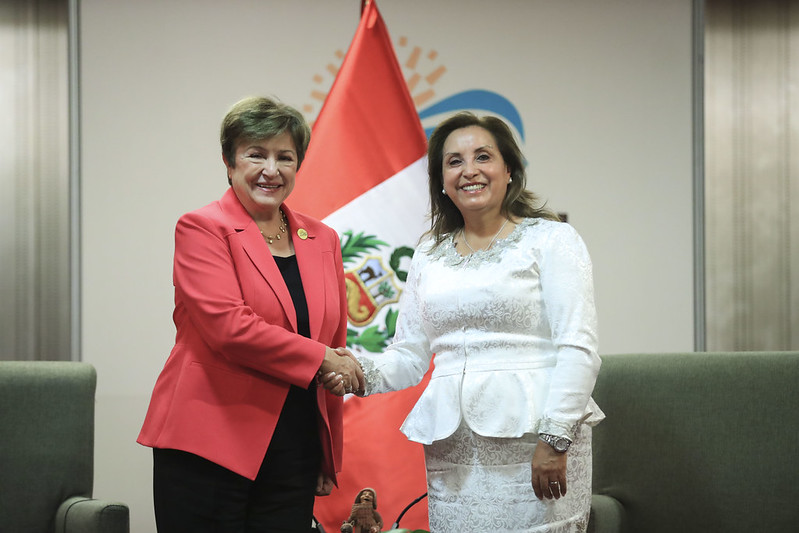Fernando Camacho, Enrique Méndez and Gustavo Castillo
La Jornada Newspaper
Saturday, November 16, 2024, p. 5
As a consequence of the reform of the Judicial Branch of the Federation, the monthly salary of the ministers of the Supreme Court of Justice of the Nation (SCJN) and the electoral magistrates will decrease significantly in 2025 compared to this year, and although they will be higher than of the President of the Republic, is already approaching the policy of no official earning more than the Executive.
Likewise, the benefits of the Judiciary will be considerably reduced.
According to the draft Expenditure Budget of the Federation for next year that the Ministry of Finance and Public Credit announced yesterday, the ministers of the country’s highest court will earn a total of 137 thousand 84 pesos per month net next year, 69,864 less than 2024, equivalent to a drop of 33.7 percent.
As regards the magistrates of the upper chamber of the Electoral Tribunal of the Judicial Branch of the Federation, their net monthly salary will go from 201 thousand 882 pesos to 168 thousand 585, that is, 33 thousand 297 less, which means a reduction of 16.4 percent. The magistrates of the regional chambers will suffer a much less drastic drop: from 152,150 pesos per month to 146,521.
Meanwhile, the President’s salary registered a minimum increase in line with inflation, going from 129,432 pesos per month this year to 134,290 in 2025.
Regarding the perceptions of the president advisor and the rest of the members of the General Council of the National Electoral Institute, their salary had an increase and they will earn more than Sheinbaum, since they will go from 226 thousand 913 pesos per month to 258 thousand 58.
Intact document
In the document presented to the legislators, the Treasury kept intact the budget project approved by the plenary session of the Court last October, of 5 thousand 922 million 911 pesos, which represents a decrease of 1.4 percent, in real terms (considering inflation estimated by the Bank of Mexico for the end of 2024), compared to what the Chamber of Deputies authorized for this year.
According to the highest court, this amount was established based on a rigorous planning, programming and budgeting exercise
identifying the indispensable resources to meet the human, material and financial requirements that allow it to fulfill its responsibilities, rigorously attached to the parameters of rationality, austerity, effectiveness and cost containment that have been applied since fiscal year 2023
.
















